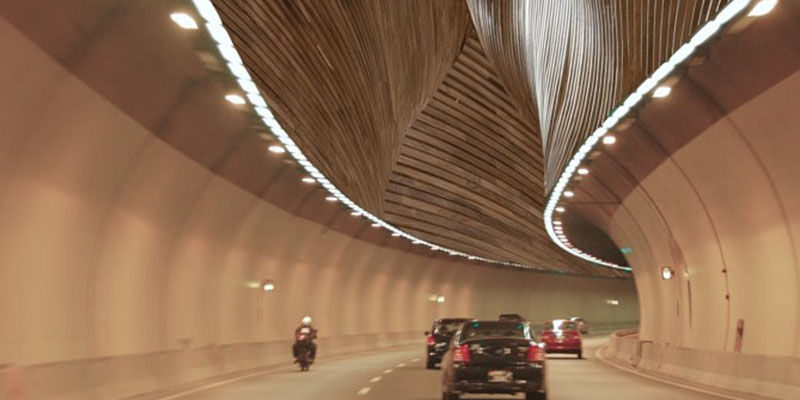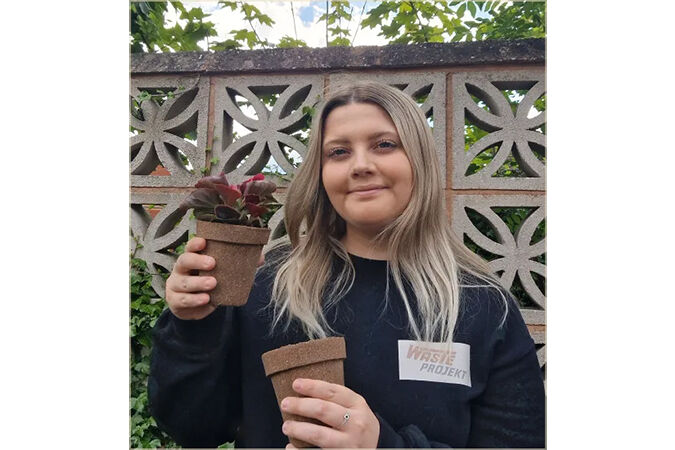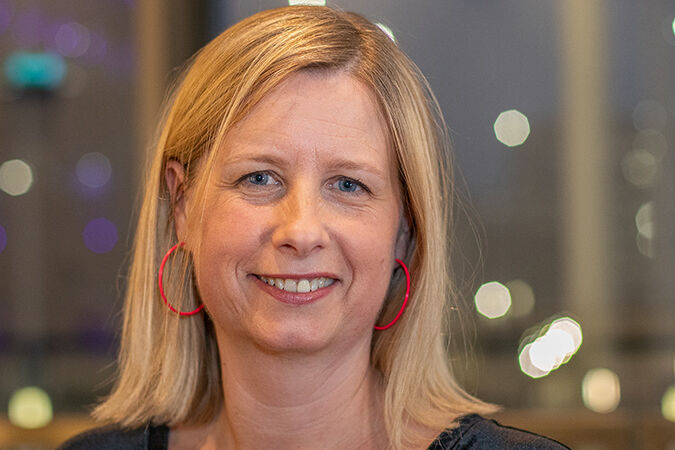
Blog

In November, MA Design Management students contributed to the human factors teams at AECOM, a FORTUNE 500 company, in bringing creative and design-led thinking into two projects. The collaboration was part of the Design Strategy and Innovation module that empowers students with the experience of applying Design Thinking and Design Strategy to transform companies into being more human-centered.
The first project aimed at improving driver behaviour on UK highways. The students worked on the question, ‘How can design change driver behaviour?’ This project began with a ‘design sprint’ with activities such as ‘brainstorm,’ ‘crazy-8’, ‘quick sketch,’ which got the students creative at lightning speed. Mo Ali, a student on the course, aspiring to be a creative consultant, commented, “The design sprint enabled us to put our inhibition aside and get working together. The day was so busy and action-packed that it was over too soon.”
The innovative teams proposed interventions focused on making communication on highways more responsive to the driver’s needs. Students conducted in-depth user research and driver experience journeys to support their innovative ideas.
Design interventions such as interactive communication with real-time updates on roadworks or traffic information on highways were considered groundbreaking yet straightforward.
Pablo Puente Guillen, a project consultant at AECOM, says, “The work done by the students gave us a new perspective. They brought users at the heart of the project and gave innovative interventions of solving the problem with non-compliance of drivers on UK highways.”
The second project looked at the future of tunnels. The student teams aspired to apply design thinking, and they proposed innovative, inclusive, and user-centered tunnel designs. The key questions the project investigated are, How can tunnels be made more inclusive? How can tunnels be more user friendly? How can tunnels be an experience for the user?
A project team comprising Ellie Cowley, Jordan Richardson, Chao Liang, Hannah Worral, Sanelesiwe Shirleen Mafa stated, “We aim to stimulate all the user’s senses as they travel on their journey and through this experience in a tunnel. Using Design Thinking and working in our team with diverse skills and experiences, we designed a tunnel that will be a complete and immersing experience for the road users.”

Another project took on the theme of sustainability and proposed the concept of using biophilia in tunnels. Team with Jasmin Forth, Connor Paul Goodall, Isabelle Sorhet Uner, Wenhao Fang, Matus Wilkes compiled a brilliant business case for their idea stating, “We loved the idea of using moss in urban environments to promote wellbeing through not only biophilic design but also sustainability through its ability to absorb emissions. We were also really interested in the new technique of using algae to produce light through photosynthesis.”

The projects led to the confirmation that design managers can impact technology-led industries. The application of design strategy helped students to propose ideas that fit AECOM’s business needs. The collaboration between the creative MA Design Management students and AECOM, a technology-led company, led to creating an ambidextrous project environment. Scott Stephenson, principal researcher and team lead at AECOM, stated, “the student’s presentations have given great creative insight which has potential for further testing and application.”
The course director confirmed,"Post graduation in MA Design Management will equip students with the creative outlook to contribute to both the design and non-design companies. This course gives students the skill and knowledge to expand their employability skills across the sector and the globe.”




